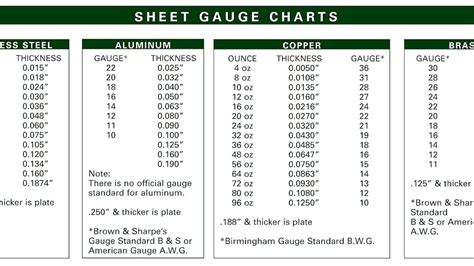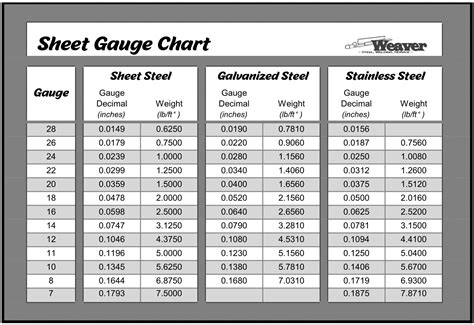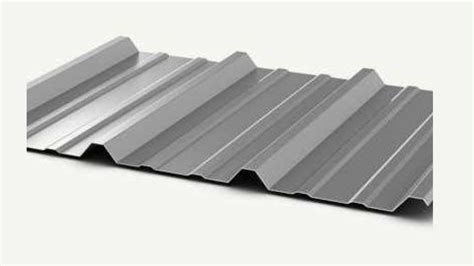26 guage roof sheet metal PBR is a structural exposed fastener metal roof & wall panel used for a variety of applications. Request a quote today.
CNC Supply Solutions specializes in the distribution of CNC tooling and workholding products. We've partnered with top CNC brands to bring you the internet's biggest catalog of CNC tools, parts, and supplies, with the most up-to-date product .
0 · metal roof gauge thickness chart
1 · 29 ga vs 26 sheeting
2 · 26 gauge steel roofing price
3 · 26 gauge metal roofing thickness
4 · 26 gauge metal roofing pricing
5 · 26 gauge metal roofing lowe's
6 · 26 gauge metal roofing galvalume
7 · 26 gauge galvanized metal roofing
ECOA Notice. The federal Equal Credit Opportunity Act prohibits creditors from .
A 26-gauge roof is not only thicker but also heavier than 29-gauge. The added weight gives the roof a greater chance of staying intact in the event of a very heavy wind storm. 26 gauge will out-perform any 29 gauge material.The 26 GA PGH Rib Profile and 26 GA PBR Panels for metal roofing represent cutting-edge solutions for residential and commercial roofing needs. Engineered with precision from durable 26-gauge steel, these panels offer exceptional . 26-gauge metal, and its uses, advantages, and disadvantages. Some specific scenarios and which metal thickness is best for each one. Throughout the industry, 24-gauge .Durable 26 gauge, 24” coverage, with a 25-year warranty against paint fading and rust. Perfect for both residential and commercial use, offering robust protection. Available in Galvalume. Looking for A Roof installation? Metal roofing .
26 Gauge. Advantages: Lighter and more affordable than thicker gauges, 26-gauge metal roofing is easy to handle and install. It provides a good blend of durability and cost-effectiveness.PBR is a structural exposed fastener metal roof & wall panel used for a variety of applications. Request a quote today.
For instance, at Professional Metal Roofing, the metal roofing panels made of galvanized steel are 0.53 mm thick, which corresponds to 26 gauge. This demonstrates how these numbers can differ in GA. across different steel types. Discover the pros and cons of 22, 24, 26, and 29 gauge metal roofs, as well as their differences, to help you determine which option best suits your needs.

A 26-gauge roof is not only thicker but also heavier than 29-gauge. The added weight gives the roof a greater chance of staying intact in the event of a very heavy wind storm. 26 gauge will out-perform any 29 gauge material.The 26 GA PGH Rib Profile and 26 GA PBR Panels for metal roofing represent cutting-edge solutions for residential and commercial roofing needs. Engineered with precision from durable 26-gauge steel, these panels offer exceptional strength and longevity, ensuring a robust shield against the elements. 26-gauge metal, and its uses, advantages, and disadvantages. Some specific scenarios and which metal thickness is best for each one. Throughout the industry, 24-gauge Galvalume is usually the standard thickness for standing seam metal roof and wall systems.
Durable 26 gauge, 24” coverage, with a 25-year warranty against paint fading and rust. Perfect for both residential and commercial use, offering robust protection. Available in Galvalume. Looking for A Roof installation? Metal roofing installations are complicated and should only be completed by professionals. 26 Gauge. Advantages: Lighter and more affordable than thicker gauges, 26-gauge metal roofing is easy to handle and install. It provides a good blend of durability and cost-effectiveness.PBR is a structural exposed fastener metal roof & wall panel used for a variety of applications. Request a quote today.
For instance, at Professional Metal Roofing, the metal roofing panels made of galvanized steel are 0.53 mm thick, which corresponds to 26 gauge. This demonstrates how these numbers can differ in GA. across different steel types.In the roofing business, gauge refers to the thickness of the metal panel. Lower gauge numbers indicate thicker metal, whereas higher gauge numbers denote thinner metal. This means that the gauge measurement plays a crucial role in determining the .

Low end agricultural jobs are normally 26 gauge or 29 gauge. While a beautiful new home with a standing seam roof would likely be 24 gauge. If that same home is done with an exposed fastener panel it would likely be 29, 26, or 24 gauge. Before you pick the gauge of your metal roofing you must first decide on the type of metal roofing panel.
Discover the pros and cons of 22, 24, 26, and 29 gauge metal roofs, as well as their differences, to help you determine which option best suits your needs. A 26-gauge roof is not only thicker but also heavier than 29-gauge. The added weight gives the roof a greater chance of staying intact in the event of a very heavy wind storm. 26 gauge will out-perform any 29 gauge material.The 26 GA PGH Rib Profile and 26 GA PBR Panels for metal roofing represent cutting-edge solutions for residential and commercial roofing needs. Engineered with precision from durable 26-gauge steel, these panels offer exceptional strength and longevity, ensuring a robust shield against the elements.
metal roof gauge thickness chart
26-gauge metal, and its uses, advantages, and disadvantages. Some specific scenarios and which metal thickness is best for each one. Throughout the industry, 24-gauge Galvalume is usually the standard thickness for standing seam metal roof and wall systems.
Durable 26 gauge, 24” coverage, with a 25-year warranty against paint fading and rust. Perfect for both residential and commercial use, offering robust protection. Available in Galvalume. Looking for A Roof installation? Metal roofing installations are complicated and should only be completed by professionals. 26 Gauge. Advantages: Lighter and more affordable than thicker gauges, 26-gauge metal roofing is easy to handle and install. It provides a good blend of durability and cost-effectiveness.PBR is a structural exposed fastener metal roof & wall panel used for a variety of applications. Request a quote today.
For instance, at Professional Metal Roofing, the metal roofing panels made of galvanized steel are 0.53 mm thick, which corresponds to 26 gauge. This demonstrates how these numbers can differ in GA. across different steel types.
In the roofing business, gauge refers to the thickness of the metal panel. Lower gauge numbers indicate thicker metal, whereas higher gauge numbers denote thinner metal. This means that the gauge measurement plays a crucial role in determining the .
29 ga vs 26 sheeting

eMachineShop Blog - the latest eMachineShop product updates, news, .
26 guage roof sheet metal|29 ga vs 26 sheeting